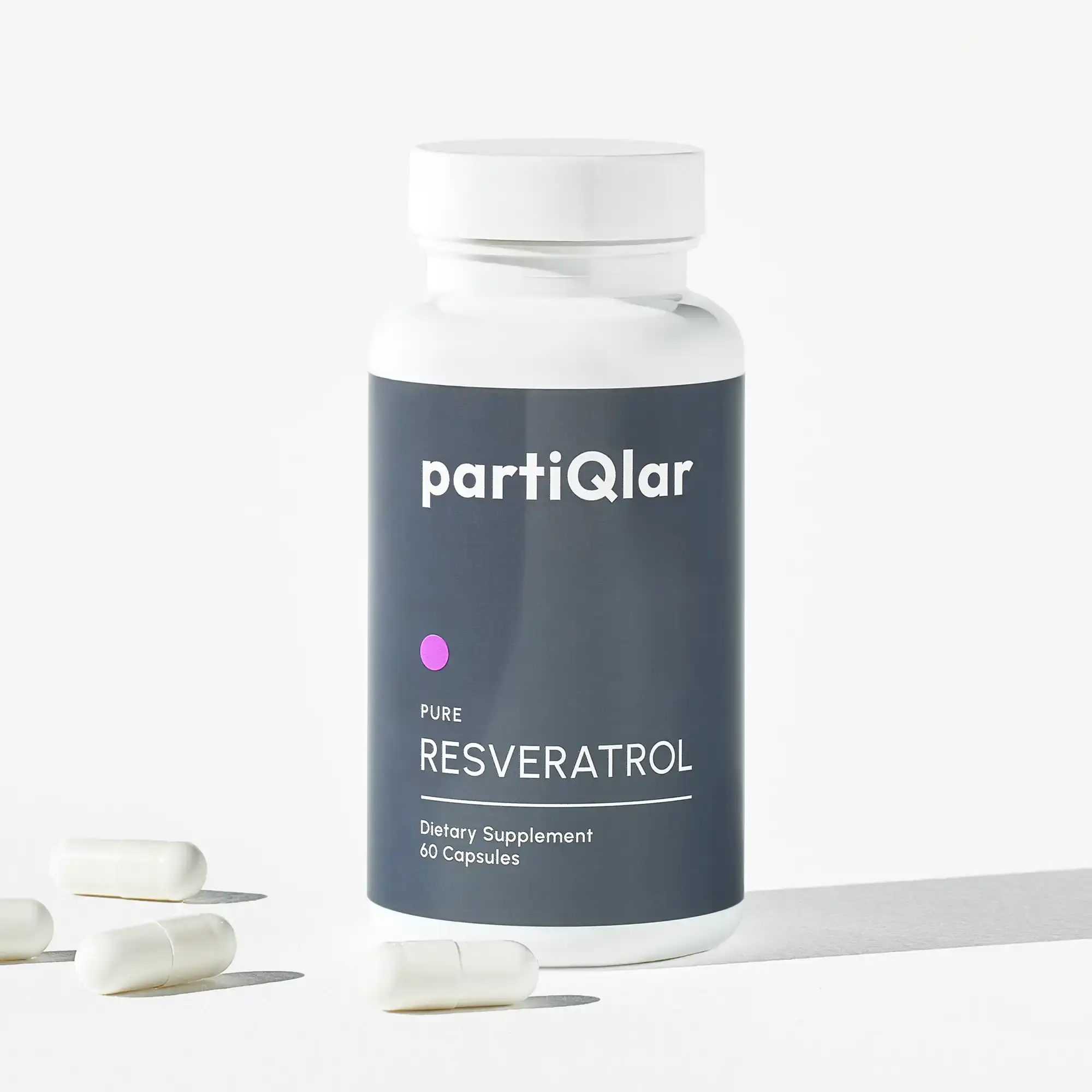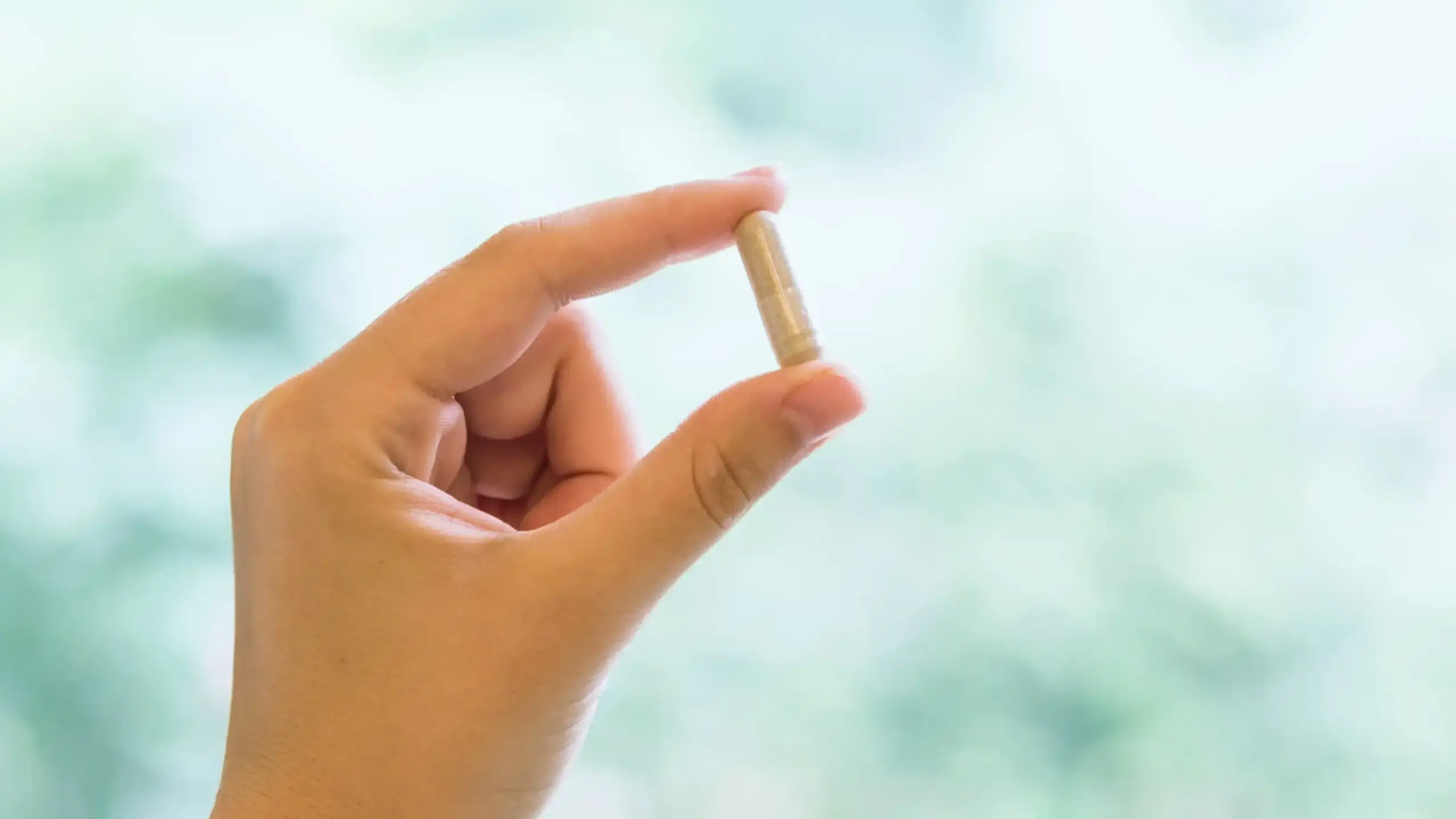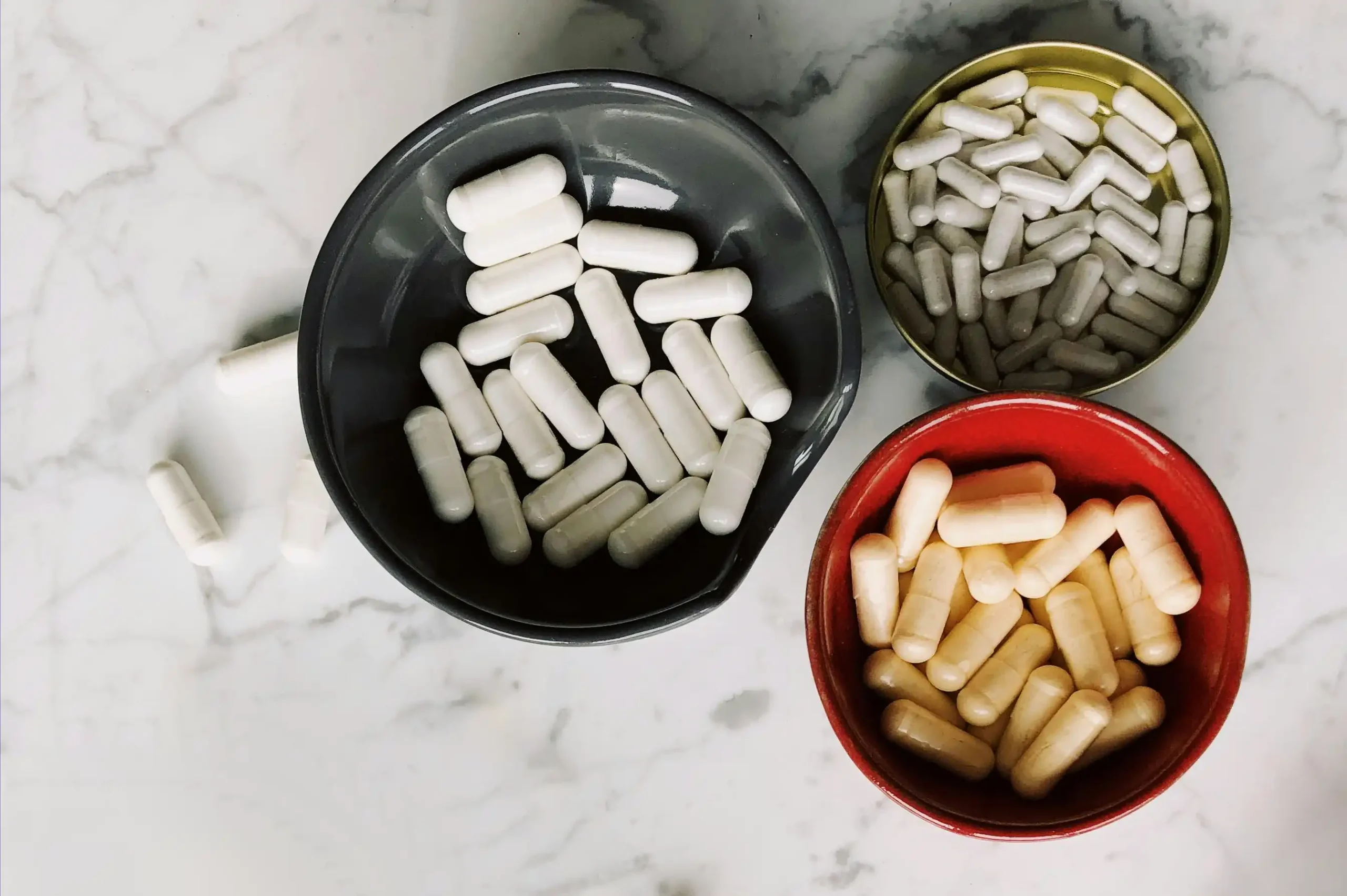Quercetin, a powerful antioxidant and natural antihistamine, supports immunity, reduces inflammation, eases allergies, and promotes overall wellness.
Comparing Resveratrol, Trans-Resveratrol, and Pterostilbene: How to Choose the Best Option and Its Synergy with NMN
- Science
- December 6, 2024
- Jan Vincent Beltran, PhD
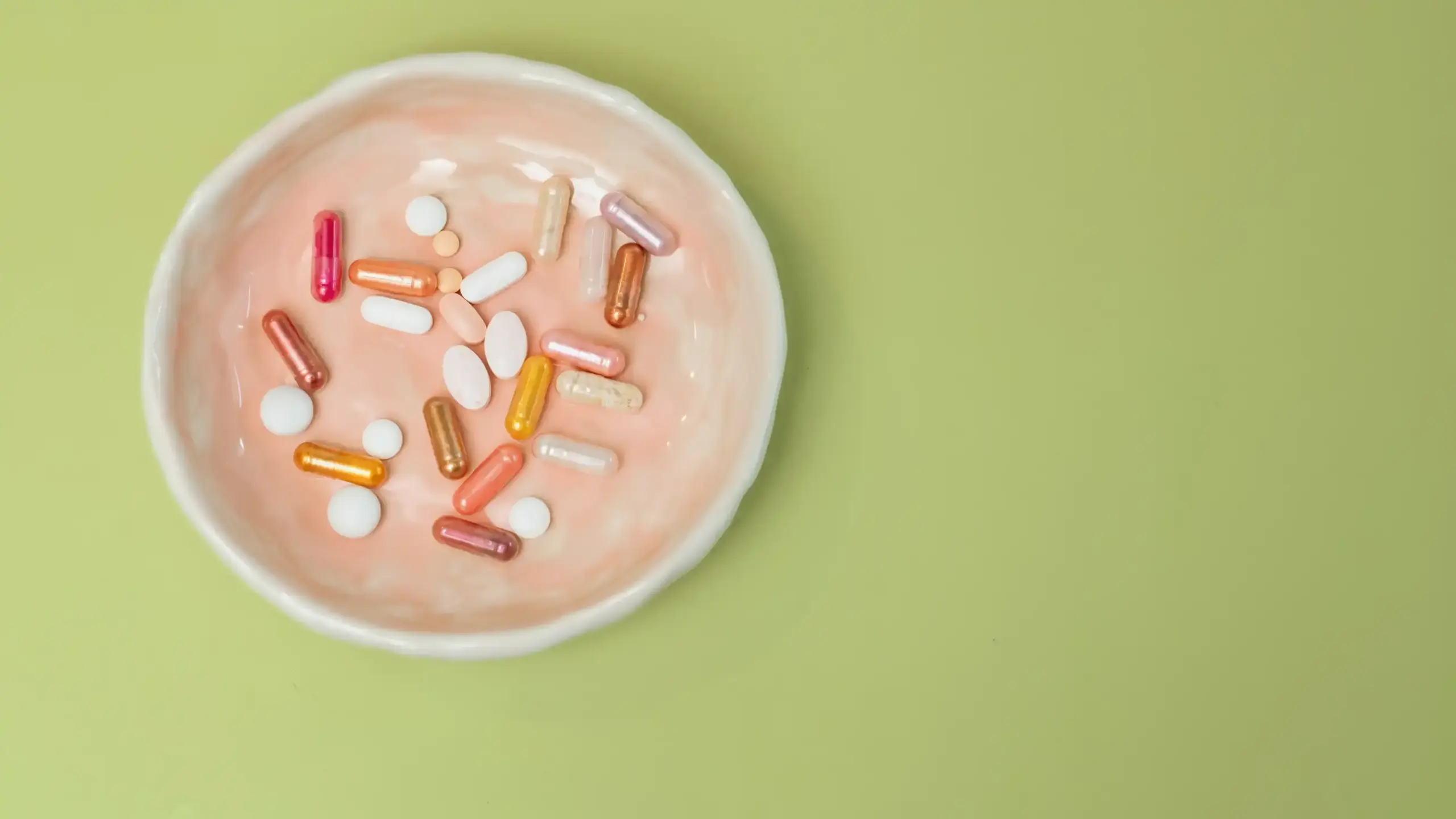
Related Product
Highlights
- Resveratrol is a natural phytochemical compound with well-documented health benefits, especially in heart health and longevity.
- Resveratrol exists in cis- and trans-resveratrol forms, the latter being the more bioactive, bioavailable, and beneficial form. Meanwhile, pterostilbene is structurally similar to resveratrol but has superior biological properties and benefits.
- Combining resveratrol with NMN can further enhance its NAD+ boosting capacity by up to 1.5 times and 1.7 times in the heart and muscles, respectively.
- The highest natural food sources of resveratrol are Japanese knotweed tea, dark chocolate, red grapes, and pistachios.
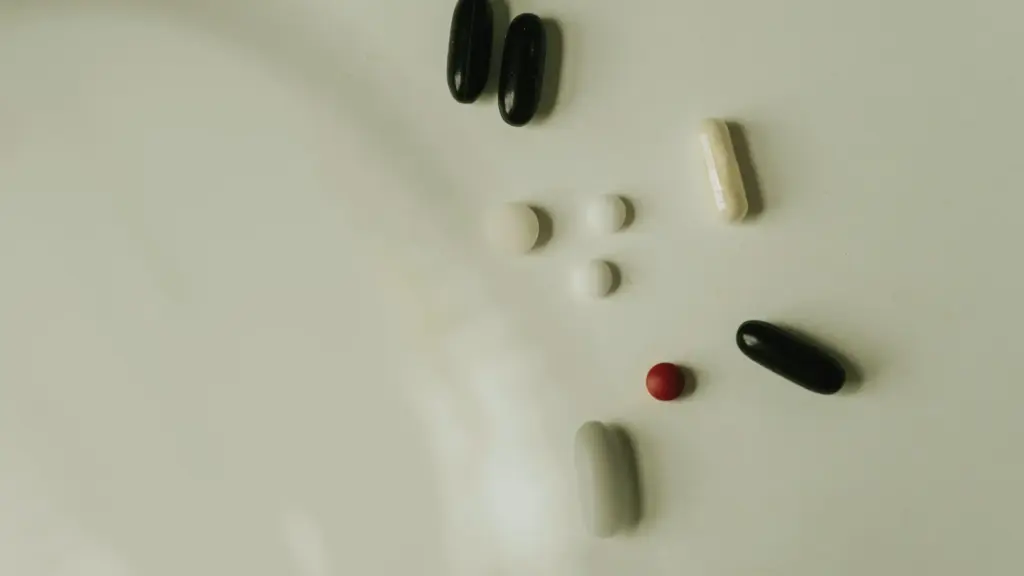
Introduction
Aging like fine wine?
There’s some truth to that saying: A key compound found in wine known as resveratrol can not only support your heartbut has also taken a spotlight in longevity research for its powerful antioxidant and anti-aging properties.
Resveratrol is just the beginning. New variations, such as trans-resveratrol and pterostilbene, offer potentially enhanced benefits, sparking debate over which one might be the best option for you. When paired with another anti-aging molecule NMN (Nicotinamide Mononucleotide), it is believed to amplify their effects, particularly when it comes to boosting energy metabolism, enhancing cellular repair, and promoting healthy aging.
So, how do these compounds compare, and which one is the best choice for your health goals? Let’s explore the science behind resveratrol, trans-resveratrol, and pterostilbene, how they work, and why their synergy with NMN may be the key to unlocking a longer, healthier life.
What is Resveratrol?
Discovered in 1939¹, resveratrol is a bioactive, polyphenolic compound belonging to the class of stilbenes that is naturally found in foods like grapes, berries, red wine, and dark chocolate. It plays a vital role in plant defense mechanisms by helping protect plants from environmental stress. As a dietary supplement, resveratrol is known for its safety profile and several thousands of studies have demonstrated its protective effects on human health.
So, what does resveratrol do for the body? Its antioxidant, anti-inflammatory, and immunomodulatory properties contribute to a wide range of health benefits, from heart health to potential longevity.
Health Benefits of Resveratrol
Due to resveratrol’s properties, it can beneficially support multiple systems in the body making it a highly sought-after natural compound.
Here are some of the major benefits of resveratrol supplementation:
- Sirtuin Activation
Sirtuin activation is currently seen as key to longevity. In 2003, Harvard Professor Dr. David Sinclair discovered that resveratrol could activate the SIRT1 gene encoding for sirtuin proteins, which led to lifespan extension in yeast². Sirtuins are often called “longevity genes” because they regulate processes like DNA repair, inflammation, and metabolism. Resveratrol enhances their activity, helping the body maintain optimal cellular function through aging.
Indeed, resveratrol has been shown to extend the lifespan of several animal model organisms, and in mice, research shows that resveratrol can also reduce the risk of death due to a high-calorie diet by about 31%³.
- Heart Health
Can resveratrol improve heart health? The answer is yes. Clinical trials show that resveratrol supports cardiovascular health by improving the function of the endothelium (the inner lining of blood vessels) and reducing inflammation. It can also lower oxidative stress, reduce the risk of blood clots, and decrease blood pressure, especially in patients with obesity, which can lead to lowering the risk of heart disease.
Resveratrol’s benefits on the cardiovascular system are detailed in a 2021 human clinical trial review⁴, which summarizes its positive effects on oxidative stress, inflammation, mitochondria, and endothelial cells, as well as several signaling pathways associated with cardiovascular health and function.
- Diabetes Management
For those managing diabetes, resveratrol could offer a natural aid to improve insulin sensitivity and support blood sugar levels. Studies suggest that resveratrol may improve the body’s ability to process glucose, making it a potential ally in metabolic health.
Various clinical trials have been conducted on resveratrol’s effect on type 2 diabetes. As summarized in a 2024 systematic review⁵, resveratrol has benefits on foot ulcer size reduction, glycemic control, vascular risk factors, bone density, mitochondrial function, energy expenditure, cholesterol levels, insulin resistance, albuminuria, neurovascular function, kidney function of type 2 diabetes patients. In type 1 diabetes patients, a 2020 clinical trial⁶ supports the anti-diabetic potential of 500 mg resveratrol, twice daily for 60 days.
- Resveratrol for Skin
In terms of skin health, resveratrol also offers equally impressive skin benefits. Its innate antioxidant properties combat the #1 cause of skin aging—free radicals. This can help improve skin elasticity and texture, by enhancing collagen synthesis, preventing oxidative damage to existing skin collagen, as well as promoting skin regeneration in damaged tissues⁷.
Resveratrol’s popular use as an ingredient in cosmetics is supported by various studies, including this 2021 systematic review⁸ of 41 studies including in vitro, in vivo, and human clinical trials, summarizing resveratrol’s effects on wound healing, scarring, and photo‐aging.

How Does Resveratrol Work?
With resveratrol’s versatile chemical properties⁹, it works by protecting cells against damaging molecules and pathogenic mechanisms. Some of the listed bioactivities that resveratrol possesses include antioxidant, anti-inflammatory, cardiovascular protection, anti-cancer, anti-diabetes, anti-obesity, neuroprotection, and antiaging effects.
At the cellular level, resveratrol can influence gene expression and enhance the body’s natural defense systems. It interacts with specific genes playing a role in cellular pathways involved in aging, inflammation, and metabolic regulation. For example, by activating sirtuins as well as AMPK (a key cellular energy-sensing enzyme)¹⁰, resveratrol supports a cascade of molecular events that promote healthy aging and cellular repair. These mechanisms are central to its effectiveness in promoting longevity, metabolic fitness, and reducing the risk of age-related diseases.
Comparison of Resveratrol, Trans-Resveratrol, and Pterostilbene
How do resveratrol, trans-resveratrol, and pterostilbene stack up against each other, and how to choose the best option? Let’s break it down for you.
The term “resveratrol” is just a general word that can refer to either of its two structural forms: cis-resveratrol and trans-resveratrol. In some products, this term may generally mean that it contains a combination of both forms; hence, it has low purity. On the other hand, pterostilbene is a structurally similar analog of resveratrol that can also exist in cis and trans forms. It has been gaining attention due to its purported better bioactivity, but it has some disadvantages that you should be aware of.
Here’s a side-by-side comparison of their similarities, differences, pharmacological properties, and clinical evidence:
nd clinical evidence:
Criteria | Resveratrol (General) | Trans-Resveratrol | Pterostilbene |
Structure¹¹ |
|
|
|
Purity | Often impure; it may include both cis and trans forms (trans form is more dominant) | Pure trans-resveratrol (~99%) | Often impure; it may include both cis and trans forms (trans form is more dominant) |
Stability | Low | Stable | Stable |
Absorption and bioavailability¹² | Low absorption and bioavailability | Moderate oral absorption and bioavailability | Increased oral absorption and high bioavailability |
Blood plasma half-life ¹³ | ~14 mins (short-lived) | 1-3hrs; longer-lasting and more stable¹⁴ | 105 mins (~7x longer, more stable, longer-lasting) |
Typical dosage | 250–1,000 mg per day | 250–1,000 mg per day | 50–250 mg per day |
Cost | Affordable | Affordable | More expensive |
Pharmacological properties | Antioxidant, neuroprotective anti-cancer, cardioprotective, analgesic, anti-atherosclerosis, anti-aging, anti-diabetic, anti-inflammatory, anti-fungal, and anti-obesity | Similar to resveratrol’s benefits | Similar to resveratrol’s benefits |
PubMed research studies | Many | Many | Low |
Clinical Trials | Many | Many | Low |
Overall, trans-resveratrol is better than general resveratrol due to its superiority in terms of purity, stability, absorption, bioavailability, and efficacy.
Meanwhile, trans-resveratrol and pterostilbene have very similar pharmacological properties. But, although pterostilbene is claimed to have higher bioactivity, trans-resveratrol is more recommended due to pterostilbene’s disadvantages including:
- Higher cost. Pterostilbene is more expensive.
- Inadequate clinical research. Limited human clinical trials on pterostilbene. There is still not enough human clinical effectiveness evidences on many of pterostilbene’s purported health benefits.
- High dose safety concerns. Higher pterostilbene dose is linked to increased LDL “bad” cholesterol levels.
- Overstatement on bioavailability. Higher bioavailability doesn’t necessarily mean greater therapeutic benefits. In some instances, very high bioavailability can result in excessive accumulation in tissues, potentially increasing risks of unknown side effects.
- Sourcing issues. Pterostilbene is less widely available in markets or harder to source.
Therefore, trans-resveratrol positions itself as a superior choice, with a better balance of affordability, safety, efficacy, and versatility.
Resveratrol and NMN
Do you want a stronger boost on your body’s production of the anti-aging molecule NAD+? Here’s a hack: combine resveratrol with NMN.
Scientists and longevity enthusiasts looked into NMN resveratrol combinations. Alone, NMN helps increase your body’s NAD+ levels by up to 240%, which can give a boost to the energy metabolism and DNA repair machinery. If you combine that with resveratrol, which activates sirtuins, these two compounds could work together to further strengthen the body’s natural aging defenses.
As demonstrated in a 2022 mice study¹⁵, NMN resveratrol combination increased the levels of NAD+ in the heart and muscle by around 1.6 times and 1.7 times, respectively, compared to NMN alone. Hence, this complementary pairing has gained traction in longevity research, increasing people’s interest in searching for the best NMN + resveratrol supplements to include in their anti-aging strategies.
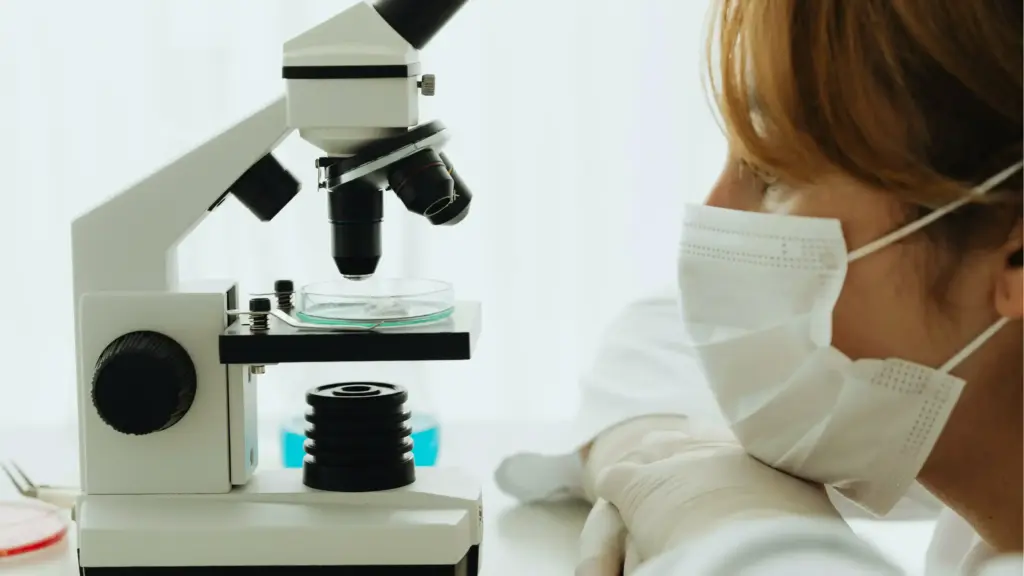
Usage and Dosage Recommendations
There is no established guidelines on usage and dosing of resveratrol, but there are general recommendations based on clinical studies.
How Much Resveratrol Should I Take?
When it comes to dosage, many studies suggest Resveratrol 500 mg daily as a general recommendation for general health which also consistently is not associated with adverse reactions¹⁶. For specific benefits, such as cardiovascular support or skin health, consulting a healthcare professional is advised to adjust the dosage.
When to Take Resveratrol: Morning or Night?
When to take resveratrol is another important factor. Some research indicates that taking resveratrol in the morning¹⁷ increases its bioavailability. Taking it also with food may enhance absorption and may increase the concentration in the blood. Meanwhile, others suggest that taking it at night might be beneficial for cellular repair during sleep. Ultimately, consistency is key, so pick a time that fits your routine.
How to Take Resveratrol?
Resveratrol is typically taken in capsule and tablet forms with water. When choosing a resveratrol supplement, always look at the supplement label and find if the ingredient is trans-resveratrol for better absorption. And since resveratrol is fat-soluble, incorporating it with healthy fats, such as olive oil or avocado, is also often recommended by health enthusiasts to improve its bioavailability.
Natural Sources of Resveratrol
Aside from supplements, the best sources of resveratrol for you to boost your intake naturally are foods with the highest resveratrol contents. These include the following:
- Red grapes: 0.24–1.25 mg/100 g (grape skin, depending on variety)
- Blueberries: 0.03–0.12 mg/100 g
- Dark chocolate: 0.35 mg/100 g
- Peanuts: 0.06–1.79 mg/100 g (highest in the skin)
- Cranberries: 0.05–0.13 mg/100 g
- Raspberries: 0.01 mg/100 g
- Mulberries: 0.05–0.13 mg/100 g
- Bilberries: 0.03–0.07 mg/100 g
- Pistachios: 0.15–0.29 mg/100 g
- Apple: 0.067 mg/100 g
- Pear: 0.034 mg/100 g
- Japanese knotweed tea: 40-80 mg/100 g
So, if you want to maximize your intake, a handful of grapes or a bar of dark chocolate as a snack during the day or a glass of red wine at dinner can provide a daily resveratrol boost. You can also prepare these natural sources as smoothies, jams, pies, or brownies—but be mindful of extra sugar.
Safety and Side Effects
If you are wondering if there are any side effects of resveratrol supplementation, resveratrol is generally safe for most people and was reported in clinical trials to be well tolerated up to 5 grams per day¹⁸.
Note that at doses starting from 2.5 grams per day, more individuals may experience stomach upset or gastrointestinal issues like:
- Nausea
- Diarrhea
- Vomiting
- Cramps
- Flatulence
Resveratrol may interact with certain medications, including blood thinners, as it can slow blood clotting. Always consult a healthcare provider before starting any new supplement, particularly if you have underlying health conditions.
Conclusion
When choosing between resveratrol, trans-resveratrol, and pterostilbene, the decision ultimately depends on your specific health goals, budget, and personal preferences. Resveratrol is widely recognized for its benefits, particularly for heart health and longevity, while trans-resveratrol offers superior pharmacological properties, making it a more efficient option for many. Pterostilbene has higher bioactivity and longer-lasting effects, but it comes at a higher cost and some issues.
Importantly, pa iring resveratrol with NMN can further enhance their effects, particularly in boosting NAD+ levels and supporting cellular repair, which may provide one step ahead in the pursuit of healthy aging. This synergy is a powerful approach for those focused on maximizing the benefits of these supplements, especially for longevity, energy metabolism, and anti-aging strategies.

Frequently Asked Questions (FAQ)
How does Resveratrol make you feel?
With consistent use following the recommended dosage, resveratrol may help you have increased energy levels due to its effects on supporting cellular health, reducing inflammation, and enhancing metabolic function. Its antioxidant properties can promote overall wellness, potentially improving mood and vitality. While individual responses vary, many users report feeling more active and balanced over time.
What are the best sources of Resveratrol?
The best natural sources of resveratrol include Japanese knotweed tea, peanuts, red grapes, dark chocolate, pistachios, apples, and berries (such as cranberries, mulberries, blueberries, bilberries, raspberries). For concentrated doses, you can opt for resveratrol supplements, like those derived from Japanese knotweed.
What is the best time to take Resveratrol?
The best time to take resveratrol depends on your health goals, but generally, there are no strict guidelines as it does not interfere with sleep. For optimal absorption, it’s often recommended to take Resveratrol with a meal containing healthy fats. Morning supplementation aligns with natural energy cycles and research suggests that it may lead to better bioavailability, while evening intake could support cellular repair during sleep. Consult your healthcare provider for tailored advice on timing and dosage.
Are there any side effects of Resveratrol supplements?
Resveratrol supplements are generally safe for most people. In rare cases, it may cause mild side effects in some individuals like digestive upset or headaches, especially with very high dosage. High doses might interact with blood-thinning medications or other treatments. To minimize risks, follow recommended dosages and consult a healthcare provider before starting resveratrol supplementation, especially if you have existing health conditions.
References
- https://pmc.ncbi.nlm.nih.gov/articles/PMC6319551/
- https://pubmed.ncbi.nlm.nih.gov/12939617/
- https://www.sciencedirect.com/science/article/pii/S0925443915000216
- https://pubmed.ncbi.nlm.nih.gov/12939617/
- https://pmc.ncbi.nlm.nih.gov/articles/PMC8466271/
- https://www.mdpi.com/1422-0067/25/2/747
- https://www.mdpi.com/2072-6643/12/1/161
- https://pmc.ncbi.nlm.nih.gov/articles/PMC9326919/
- https://pmc.ncbi.nlm.nih.gov/articles/PMC8684849/#iwj13601-sec-0004
- https://pubmed.ncbi.nlm.nih.gov/34336123/
- https://pmc.ncbi.nlm.nih.gov/articles/PMC3545644/
- https://www.japsonline.com/admin/php/uploads/2952_pdf.pdf
- https://www.nature.com/articles/srep37417
- https://www.nature.com/articles/srep37417
- https://pubchem.ncbi.nlm.nih.gov/compound/Resveratrol
- https://pubmed.ncbi.nlm.nih.gov/35844164/
- https://www.spandidos-publications.com/10.3892/etm.2015.2895
- https://www.mdpi.com/2072-6643/13/9/3095
- https://pubmed.ncbi.nlm.nih.gov/21261655/
Explore Products
Related Articles
Glutathione, the "master antioxidant," boosts immunity, detoxifies the liver, enhances energy, and supports radiant, youthful skin health.
TMG (trimethylglycine) supports heart health and longevity by lowering homocysteine levels and enhancing athletic performance. Learn how this compound can boost well-being.
